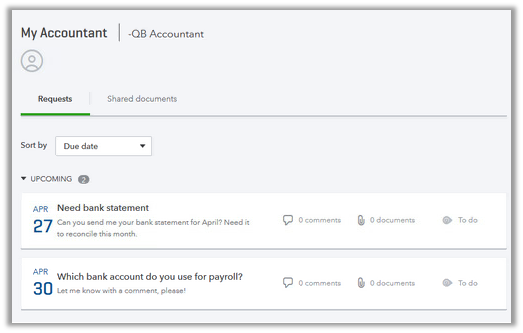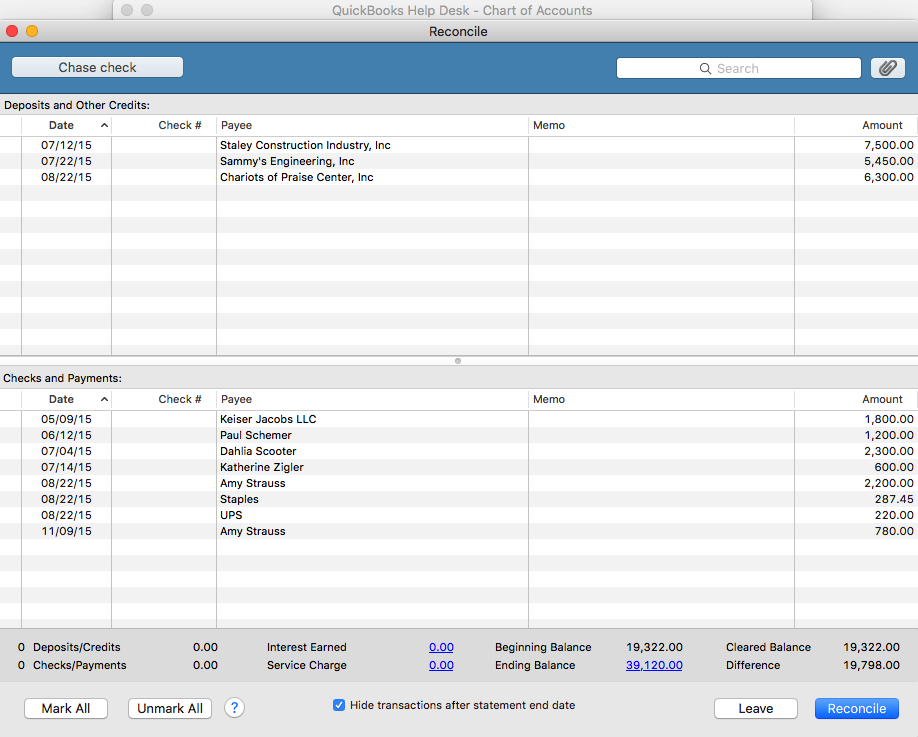


More intuitive data management and simplified integration with other data tools that support Quickbooks file types.īoth QuickBooks Online and QuickBooks Desktop offer native support for a few external file types, including the Windows Bitmap (.bmp) for images and Microsoft Word (.doc) files for creating text documents.Simplified audits thanks to the ability to organize files by extension.Operating system integration to ensure QuickBooks launches properly when a file is accessed outside the application (e.g., a user double-clicks a file to open it, rather than opening QuickBooks first and then accessing the file).At-a-glance convenience for identifying different file types and the kind of information stored within.Intuit’s approach may seem unusual, but it provides several benefits to users, including: Each extension serves its own unique purpose within the QuickBooks environment. Instead of incorporating extensions and file types created by other applications such as Adobe Acrobat (.pdf), Microsoft Excel (.xls), or Notepad (.txt), QuickBooks accounting software uses a proprietary library of more than 50 different types of files to manage information.
#QUICKBOOKS FOR MAC 2016 ACCOUNTANT'S COPY FULL#
To take full advantage of QuickBooks capabilities, it’s helpful to understand the different Quickbooks file types and the purposes they serve. QuickBooks works its magic through a growing collection of proprietary file formats that can vary based on the version you’re using, as well as your operating system. Does your business use Intuit QuickBooks to help manage its accounts? If so, you’re in good company millions of small businesses (and their accountants) rely on this intuitive and versatile software for everything from invoicing to generating financial reports to paying their bills and taxes.


 0 kommentar(er)
0 kommentar(er)
